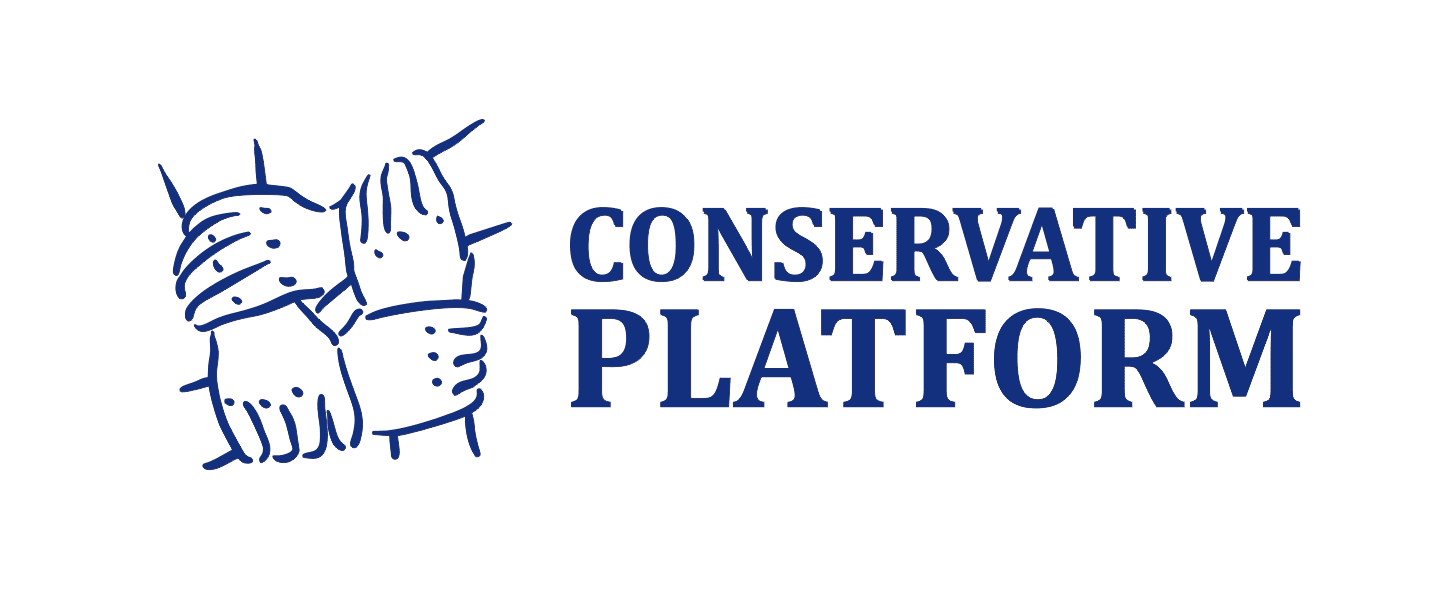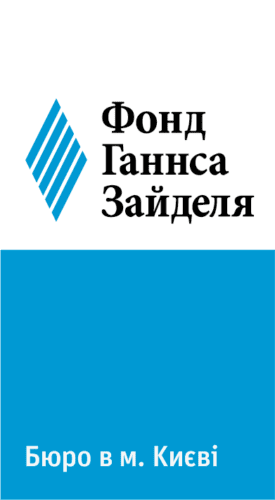On December 10, the Interfax-Ukraine news agency presented the results of the study “Socio-Political Attitudes of Ukrainians (December 2024)”. During the press conference, analysts highlighted the main trends in society that reflect not only the political preferences of citizens, but also their expectations for the future. In particular, I was invited to speak. I decided to write it up in a blog for better structuring and the ability to convey my thoughts.
Follow this link for a report on the event.
The main problems in Ukraine
The survey results confirmed the familiar priorities in the list of the most pressing problems:
- Corruption: Its leadership among social challenges is largely due to the information background. Numerous media scandals involving the seizure of funds and detention of officials give citizens the impression that the problem is widespread, although the actual amount of corruption may be smaller. However, this does not mean that there are no problems, but rather that there are problems with strategic state communications.
- The country’s defense capability. Against this background, citizens hold the President, the Ministry of Defense and the General Staff responsible. The deterioration of the situation at the front and the lack of tangible success undermine confidence in the key people responsible for defense. Here we cannot but note the deepening stratification and even splits in society. This often happens for “the best reasons”. For example, spreading a message that a military officer does not understand the attitude of civilians towards him or her and therefore begins to show negative emotions towards them works to deepen and multiply these situations.
- Economy and social sphere. Failure to communicate reforms, such as those of the MSEC and the VLC, which directly affect a significant number of citizens, only increases criticism from society. There is a high probability that the reform of the MSEC will hit hundreds of thousands of people with disabilities, depriving them of state support (and this is not about evading mobilization). And the reform of the MEC as presented by the Ministry of Defense is a multiplication of corruption and the creation of regional feudal clans. At least that’s what the state communication suggests.
- Problems of mobilization. The corruption scandals surrounding this process further contribute to the overall level of frustration. It can also be argued that digitalization, which is presented as a solution, is in fact the greatest evil and harmful factor.
Growing demand for a change of government
One of the main themes of the study was the demand of citizens for political change. As I said during the introduction:
“The desire of our citizens to change the government continues to grow. It is not surprising that most people want to re-elect the Verkhovna Rada, which continues to demonstrate incompetence. The indicator of the President’s re-election is also symptomatic – it has a clear upward trend. This is the result of the deteriorating situation at the front, growing social stratification, and problems in the economy, for which the people largely hold the country’s first person responsible. In addition, Trump’s recent statements most likely indicate that he is determined to stop the acute phase of the war. Therefore, elections are not far off. And the demand for them is clearly visible among Ukrainians.”
Trust in leaders and personnel changes
Changes in the perception of military leaders are particularly noteworthy. Valeriy Zaluzhnyi, whose period of leadership was associated with the most favorable moment for allied support in 2023, is now facing a decline in trust. Objectively, in 2023, he had the best resource in his hands, including Western support, motivated fighters, and a certain demoralization of the enemy, which peaked in the “Pryzhyn rebellion.” However, there was almost no success. But he is still the most popular among Ukrainians.
Instead, Oleksandr Syrskyi, who works with limited resources, receives mixed reviews and public criticism. However, at the very least, the Kursk operation is the best thing the Armed Forces have done since the beginning of 2023. And before that, the Kharkiv operation, the Kyiv region, were also not without his participation. The events in Syria show that all of Russia’s resources are now in Ukraine, and they are throwing everything they have at us.
So it’s probably hard to understand why Zaluzhnyi is popular and Syrian is not. Of course, it should be the other way around. However, Zaluzhnyi’s media exposure and memorability play in his favor. And Syrsky is under the threat of resignation, which in the current environment is unlikely to increase our resilience in the near future.
Another potential resignation, that of Kirill Budanov, is likely to be motivated only by envy of his stable popularity. There are no reasons to criticize his actions in office, and only some very strained scandals appear in the public space, in most cases indirectly related to the head of the DIU.
Discussions on elections
Holding elections during martial law remains a key issue. The current legislation does not currently provide for such a possibility, and under an optimistic scenario, the country will not be ready for the election process in the first six months after the end of martial law. However, the public demand for a renewal of the government, especially the parliament, requires that legislative and technical proposals be worked on today.
The outcome of the US election also had a direct impact on increasing expectations for a ceasefire.
Conclusions.
The socio-political mood of Ukrainians in December 2024 shows that the country is going through a difficult stage of transformation. A growing demand for change in government and hopes for international initiatives to end the war are setting the agenda. However, the realization of this demand requires clear coordination, transparency, and preparedness of all political actors.



